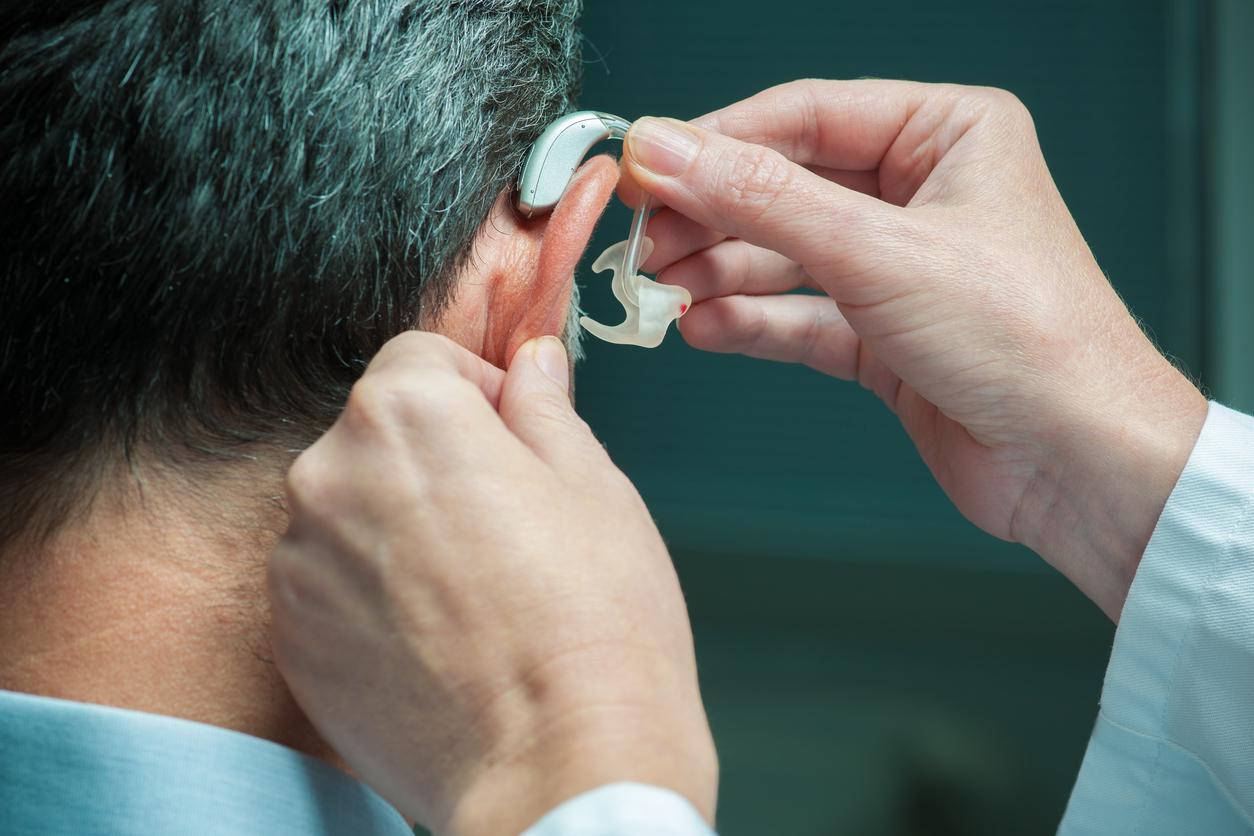Half of cardiovascular risks come from genes. Cardiologists therefore encourage taking stock of family history during end-of-year holiday reunions.

- Up to half of heart disease risk may come from family genetics.
- A doctor therefore advises taking advantage of the holidays to find out about the family’s history of cardiovascular disorders.
- Even if there is a family history, changing lifestyle and habits can reduce the risk of heart disease.
Numerous studies have found that up to half of your risk of heart disease may come from your family genes. For experts at the American Heart Association, knowing the medical history of your loved ones is essential in preventing your risk of heart attack or stroke. They invite everyone to discuss their health during end-of-year holiday meals!
Speaking from your heart during holiday meals
“In the coming weeks, as people gather for the holiday season with family, there will be plenty of trips down memory lane and stories shared across generations. As you reminisce, This is a great time to learn about your family’s medical history. Did your great-grandmother Agnes die of a heart attack? Did your uncle Bob survive a stroke? ?It is important to know that you have a history of cardiovascular disease among your loved ones, as this may mean you are at increased risk of also having a heart attack or stroke”explains Dr. Keith Churchwell, volunteer president of the American Heart Association in a press release from his organization.
He adds that genetic predispositions to cardiovascular diseases are not “death sentences”because other modifiable factors – such as smoking, physical activity, diet, sleep, can help reduce overall risk.
Furthermore, he adds that genetics does not always explain all heart problems recorded within a family. They can also be linked to habits within the home. “Often the prevalence of cardiovascular disease within a family can be linked to the environment in which people live”adds the doctor. “If parents smoke, their children can also develop the habit very early. Bad family eating habits can certainly be passed down from generation to generation. And if the family spends most of their free time in front of the television or another screen at Instead of sharing more physical activity, even just a walk around the neighborhood after dinner, this could mark the start of a lifetime of sedentary behavior.”

Heart history in the family: what to do?
If your conversations between the capon and the log reveal that several members of the family have been affected by cardiovascular disorders or pathologies, don’t panic. Dr. Keith Churchwell advises:
- Gather information about closest family members: Having a history of your entire family tree can be complicated, start with your immediate family. “Find out if your siblings, parents or grandparents have had heart disease or stroke and at what age they got it.”
- Tell your doctor about your family history: “Share your family history with your healthcare professional as soon as possible.”
- Do basic cardiovascular exams: this will allow you to know your blood pressure, cholesterol, blood sugar and weight precisely.
- Carry out regular checks: you must carry out the checks requested by the doctor and follow his instructions (medication, lifestyle changes, etc.).
- Know the symptoms of heart attacks and strokes: this allows you to react quickly if the signs appear (call for help, life-saving actions, etc.).
The doctor also reminds that to ensure good heart health and reduce cardiovascular risks, you must follow the association’s eight recommendations:
- eat less;
- be more active;
- stop smoking;
- have quality sleep;
- manage your weight;
- control cholesterol;
- manage blood sugar;
- manage blood pressure.

















